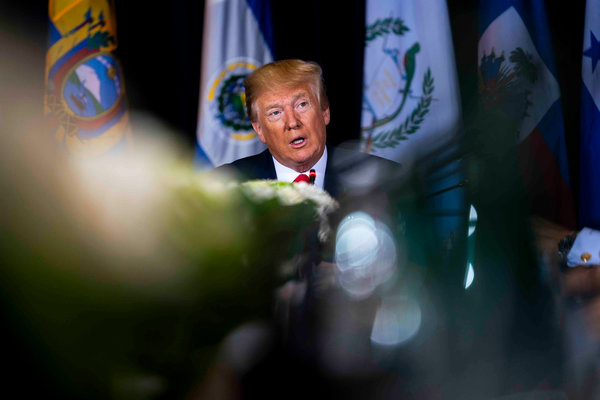by Rod Williams - Today's Tennessean featured an article, Cooper's challenge begins in Nashville, in which the issues facing the new mayor are examined. The article is well worth reading.
The article examines the budget and Cooper's pledge to redirect more tourism dollars from the control of the convention center to the General Fund. The article points out that this will not be easy to achieve and will probably require new State legislation. The article does not mention that bond holders may also have to be placated. People who purchased the bonds to build Music City Center had those bonds supported by revenue from the tourism development zone. I don't know for sure, but would assume bond holders would have to agree to any change in that arrangement that would make their bonds less secure.
The Tennessean article does not say this but it may be that Cooper cannot officially reroute tourism dollars but may be able to achieve the same objective by persuading the Convention Center Authority to pay more for the city services that serve the downtown area. I do not know when the term of the current board members expire but they serve a term of four years and are appointed by the mayor and confirmed by the Council. The mayor has the ability to influence the Authority. I fully support Cooper's objective of redirecting revenue from tourism but it may not be easy to make that happen and it won't be immediate.
One of the first issues facing the mayor is responding to the Comptroller of the Treasury's letter of early August in which the Comptroller pointed out that Metro's budget did not balance and required Metro to respond by September 20th with an explanation of how the city would balance the budget. The reason the budget did not balance was that it relied on money from the sale of city assets including Metro's parking meter system. That proposed sale ran into widespread opposition and Mayor Briley announced the plan was being put on hold. That left a major hole in the budget. Briley did respond on September 20th saying he would look for other revenue and cut expenses but that the fate of Nashville's private parking deal and sale of its downtown energy
system to balance the city's budget lies with incoming Mayor-elect John
Cooper. This is an issue that has to be resolved soon.
The article points out that Cooper plans to halt Briley's Under One Roof affordable housing plan and more importantly, in my view, reverse Briley's recent executive order calling on the State to repeal its anti-sanctuary cities law. That executive order also, while not quite making Nashville a sanctuary city, came very close to doing so. I am immensely please to see Cooper make this pledge. Repealing the Briley pro sanctuary city executive order is not only the right thing to do but will improve relations with the State. Briley has already began the process of improving those relations. Right after being elected, he met with Governor Lee. There are several issues in which Metro needs to cooperate with the State and Metro has been poking the State in the eye repeatedly. A more harmonious relationship with the State will benefit Nashville. Some of the new progressives will want to advance policies opposed by the State, however. After a short honeymoon, I suspect Cooper will clash with the new progressives. Thankfully, the mayor has the upper hand.
Other issues Cooper will have on his plate is the future of the Morris Memorial Building and the Church Street Park.
In discussing the financial issues facing the city, the article points out that in the current budget the school district requested $76.7 million in additional funding and received a $28.2 million increase. Several members who were elected recently ran on a pledge to "fully fund" the Metro School budget. That is giving the School Board a blank check to get whatever they request. While there may be a need for some additional funding for Metro Schools, to pledge to fully fund the school board request is irresponsible. With the group of new progressives in the Council and the fact that the old Council came within one vote of voting to raise taxes, Cooper will have a lot of pressure placed on him to solve our city's financial problems before the Council votes on a new budget in July 2021.
The challenges are huge. I wish Cooper good fortune, courage, and wisdom as he works to fulfill his promise of getting Metro's financial house in order.
Top Stories







